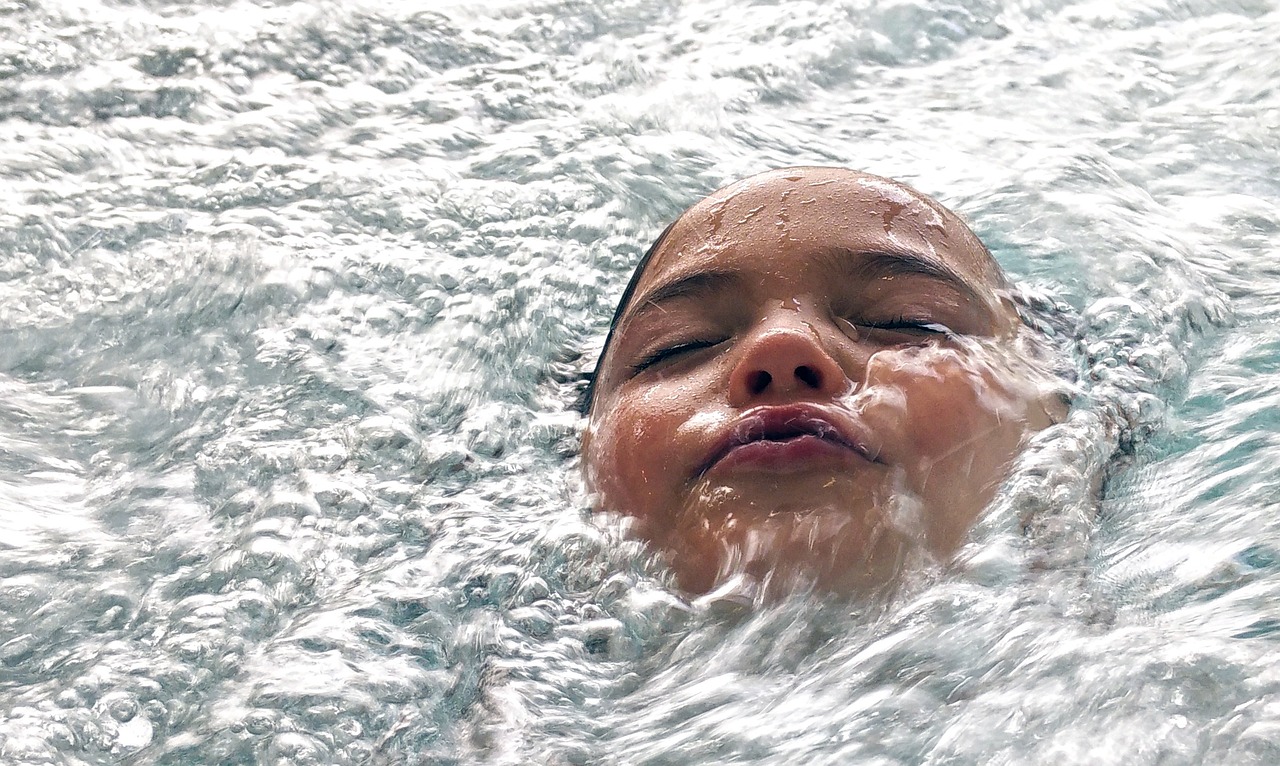 It goes without saying that exercise is of the utmost significance in keeping us healthy and prolonging our life, optimizing our brain function, and even just bettering our mood. Yet, how we choose to exercise is an open-ended question of truly limitless possibility. While some choose to run, others opt to lift weights. Whereas some play sports, others decide to burn fat on the treadmill. Yet, as far as I’m concerned, few activities offer the same benefits, the same exhilaration, the same passion, as open-water swimming.
It goes without saying that exercise is of the utmost significance in keeping us healthy and prolonging our life, optimizing our brain function, and even just bettering our mood. Yet, how we choose to exercise is an open-ended question of truly limitless possibility. While some choose to run, others opt to lift weights. Whereas some play sports, others decide to burn fat on the treadmill. Yet, as far as I’m concerned, few activities offer the same benefits, the same exhilaration, the same passion, as open-water swimming.
Bolstering competition while simultaneously providing cardio, open-water swimming forces us to face our fears, overcome our limits, and push our boundaries. Looking out at the horizon and surrounded by a seemingly limitless expanse of space, one learns to rely on themselves, on their own mental fortitude to keep going. Without clear physical landmarks (as is often the case) swimmers push themselves in a solely self-reliant manner. Yet, even despite the clear mental resilience inherent in open-water competition, there are other, more tangible, benefits open-water swimming provides:
Swimming promotes fitness and teaches a child to strive for physical achievement.
Swimming offers adolescent children and the like the ability to understand the necessity of physical achievement. By setting goals that initially lie outside of a child’s comfort zone, open-water swimming is teaching children the value of hard work. They must learn that to reach their goal, they must put forth the appropriate effort. Only then, upon reaching their respective goal, will they understand the satisfaction of a job well-done and the gratification of a goal accomplished.
Swimming is lifetime activity, accessible to 5 year-olds or 100 year-olds.
Due to swimming’s lack of stress on the body, participants can vary from that of pre-adolescent children to elderly great grandparents. By taking the pressure off of your joints, swimming allows ample opportunity to strengthen your body without actually exposing it to stresses that it cannot handle. There are no limits beyond your mental drive, besides your inherent ambition, aside from your own will to succeed.
Swimming can prevent drowning.
Perhaps the most significant benefit swimming can offer, competitive swimming can prevent drowning. In fact, drowning is the number one “leading cause of unintentional death for children ages 1-4, according the centers for Disease Control and Prevention (CDC).” By exposing children to the benefits of aquatic training, they will be better able to handle themselves in what could potentially be life-threatening situations.
By no means is this list extensive as the benefits swimming poses are honestly innumerable. Yet, the aforementioned benefits do provide a superficial glimpse at the foundation of what open-water swimming not only can, but does do for those involved.
